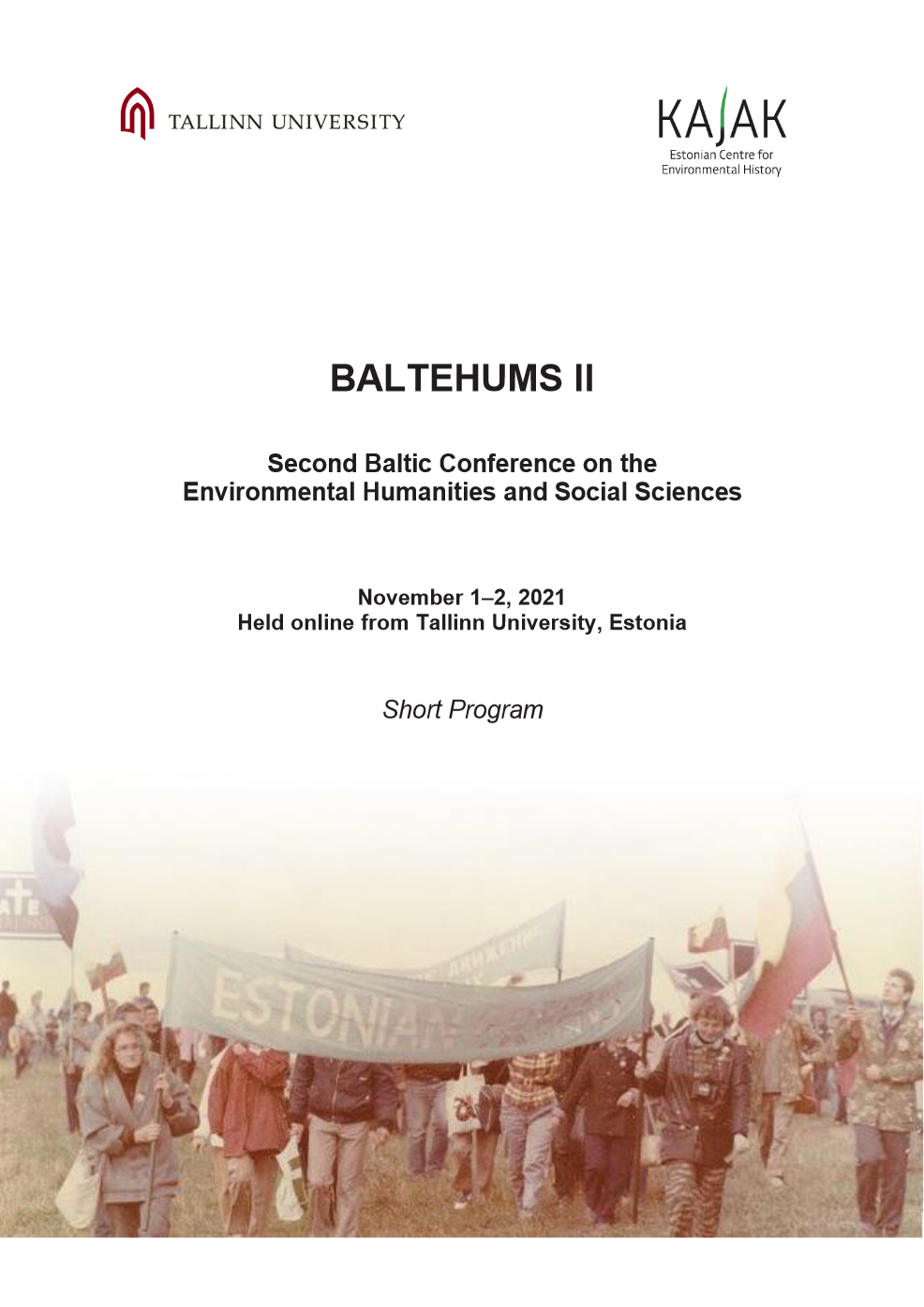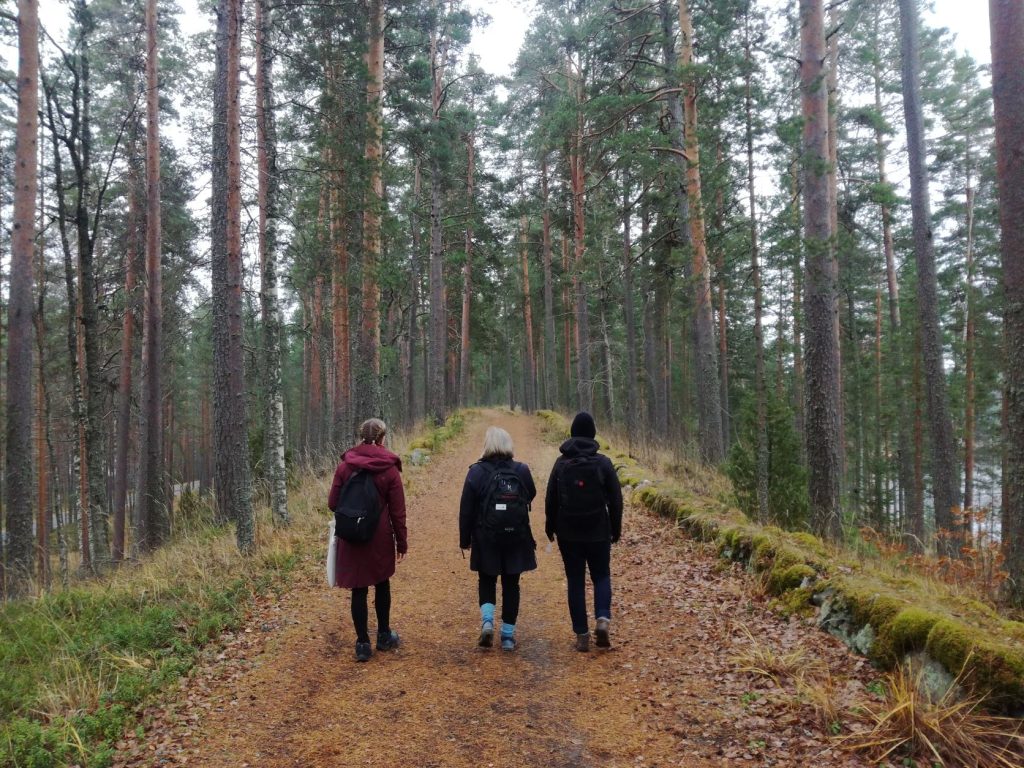“Scientific Coffee Human-Forest-Relationships”
17. November 2021
13-15 CET / 14-16 EEST
Lukas Fehr,Eberhard Karls University Tübingen:
“Narratives and interpretations of forests in the forestry and timber sector between recreation and wood production”
Forests offer a variety of ways in which they can be used. Timber grows in them, they can be used for recreational activities, provide protection from avalanches, are home to many creatures or are used as CO2 sinks. These uses are difficult to separate from each other in the forest and overlap in many cases. In this session of „Scientific Coffee“ I will explore the different experiences in the forest of people working in the forestry and timber sector. Connected to these experiences are disputes between different interest groups such as visitors and forest workers. This involves narratives of what a forest is, how it should be used and by whom. This includes valuations of the demands of the population on the various forest functions of use, recreation and protection.
Participation via zoom
https://uni-jena-de.zoom.us/j/66018542066
Meeting ID: 660 1854 2066 Passcode: 816180
—
The “Scientific Coffee” sessions continue our cooperation and exchange on the relations between society, humans and forests that we started with the workshop “Contested Society-Nature-Relations. Forest related Emotions, Practices & Conflicts in Times of Societal Change” in May this year. They give room for open and relaxed discussions on current research subjects related to human and society relations to forests. The Scientific Coffee sessions take place as often as we find the time to organise another session – but at least one session per semester is planned.
If you are interested in contributing to the next “Scientific Coffee HFR”, please contact jana.holz@uni-jena.de with info on your subject (title and short abstract) and preferred Wednesday (13-15 CET / 14-16 EEST).



